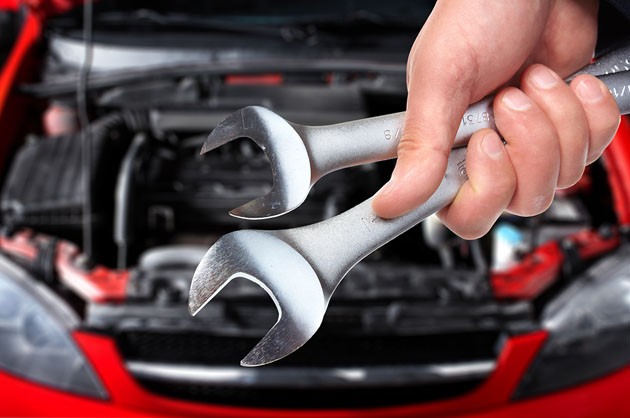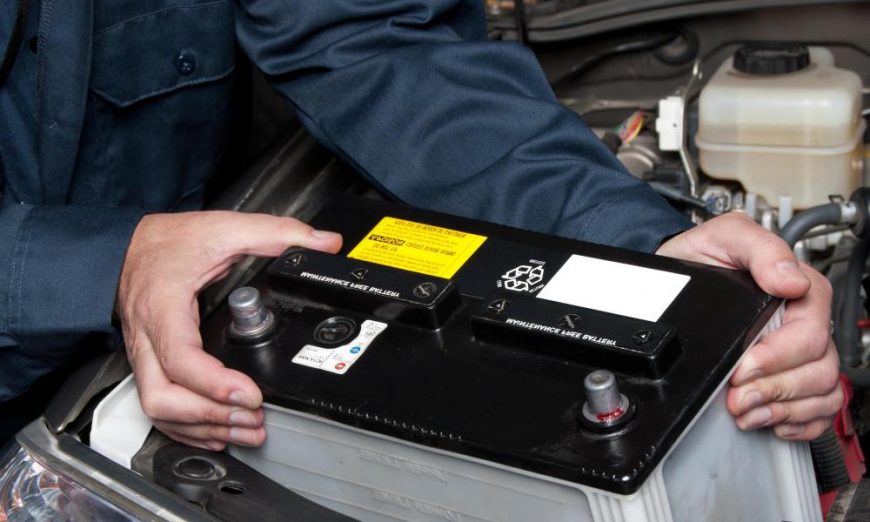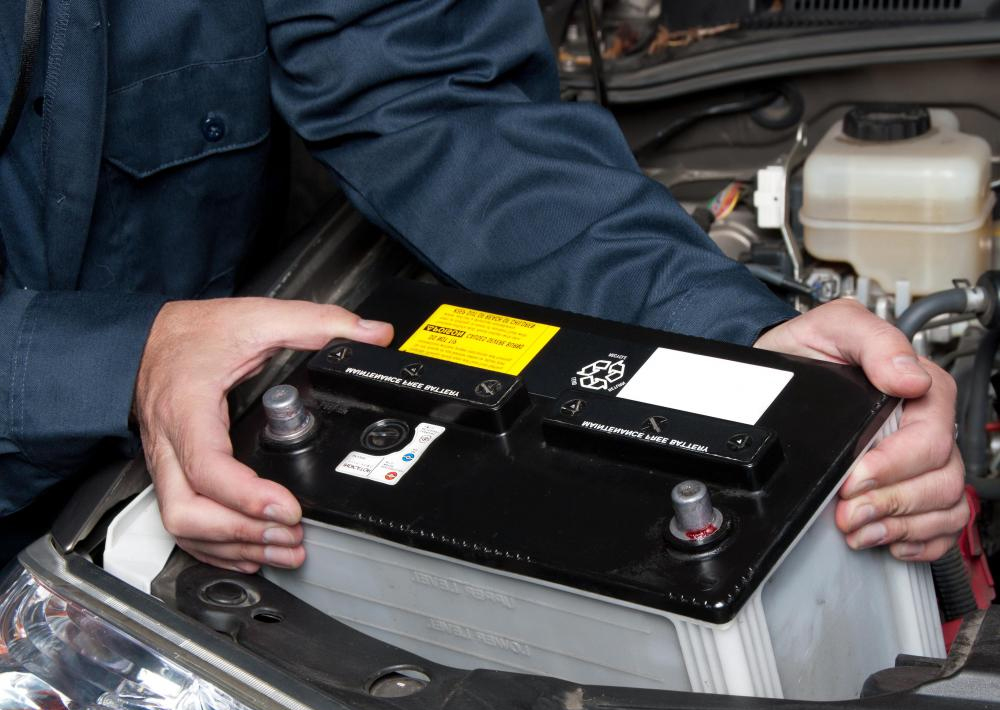Of course, the technician also bombards me with up-selling recommendations. Air filters, engine flushes, transmission fluid changes, coolant services, and fuel system cleanings, to name a few, all come with hefty price tags and stern warnings to take immediate action. So, how often should you service your vehicle? There are several factors affecting the frequency with which you should service your car. Many people ask, how often should a car be serviced, however the primary trio for consideration for an answer are:
• The amount of miles you drive.
• How well your vehicle has been maintained.
• The surfaces and quality of road you travel on.
As a good rule of thumb, we suggest you have your car serviced every twelve months or 12000 miles, whichever comes first. Heavy car users, who drive many miles a year, should aim to have at least an interim service every six months or 6000 miles.
Will getting your car serviced give it a longer life? As with any long-term investment item, the better you look after your vehicle, the longer it’ll last, and a regular servicing schedule is a big part of that. Vehicle technicians are trained to pick up underlying issues that, if left unchecked, could lead to potential damage and costly repairs down the line. If you start to notice a problem with your car, get it checked out straight away. You will do more damage driving around with something wrong and ultimately it will cost you more and be a greater risk to your safety.
Find a provider you trust for your servicing needs that will give you good advice on how to get the best out of your vehicle. Don’t be afraid to ask questions to get a better picture of what your car needs. Regular servicing and check-ups will help ensure your car holds its value better and lasts longer. Caring for your car saves money. Getting your car serviced each year – and maintaining it between services – is money well spent. Problems are likely to be caught early on when they’re cheaper to fix, and your car will have a better resale value and longer life.
A well-maintained car is also more efficient, so you’ll save money on fuel as well. If you need to claim on a warranty you’ll normally have to show your car’s got a complete service record. What happens if you don’t service your vehicle on time? Many issues can occur if you don’t get your vehicle serviced on schedule. Reduced fuel economy, poor driving feel and even major mechanical failure are all possible if regular maintenance is not carried out. Modern engine oils contain cleaning agents which help keep the inside of the engine in good condition, but the oil slowly deteriorates the longer it is used. Failing to change this oil causes the passageways inside the engine to block up with carbon deposits and increases wear on the internal components of the engine.
Brake fluid is another component that needs to be checked and replaced regularly, as it absorbs moisture from the air, which reduces the performance of the braking system. Most manufacturers recommend flushing the braking system every 2 years, regardless of distance travelled. If your vehicle use falls under the severe service definition in your owner’s manual, maintain your car using the more rigorous schedule. However, if you drive your car under normal conditions, be wary of spending hard-earned money on services your car may not need or benefit from.


